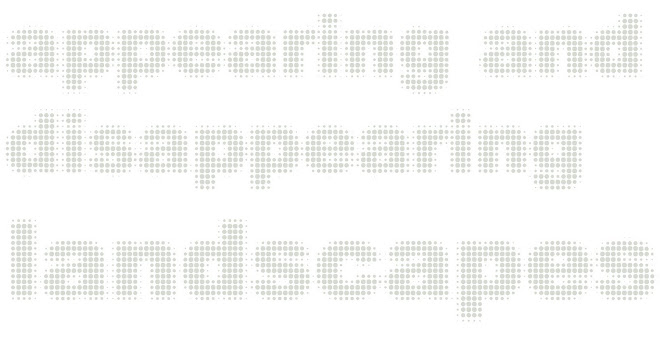
We now enter the second part of our course - what we have previously called "Imbedded Information". An informative text for you has been written by me, Knut Eirik and Ellen: few lines on its departure points:
Our friend, The Danish journalist and architect Peter Schulz Jørgensen/PSJ wrote
this to us today:”I have just eyed your new publication, City as Biotope. Wow - it is super. There are many points of no return. It opens and asks questions, but at the same time it points at actual and possible transitional qualities. In my New York project I work with cases that in one way or the other has such transitional qualities. It is everything from mural paintings, the birth of hip hop in Bronx in the most difficult of times (the youth negated their situation), bicycle culture and the street, intergration of social and sustainable solutions, homeless people that fights for a place to live and a lot more. A little cacafonic, but that is how it is. It should point towards the question on the power in the city”
PSJ is deeply into how change appear and come to the surface – vizualing change.
Ellen Braae wrote this little blogpost to our studio titled ”Looking for change”:
“Every change is a sign of adjustment, reaction or a search for something new. Every change is a sign of energy, of interest. Something is appearing or disappearing. When you go to Jæren and have the chance to talk to people, people with specialist knowledge within their field, then ask them for changes: good, bad, neutral whatsoever, just looking for metamorphoses and anamorfoses, appearings and disappearing. Please collect all this information, categorize and geolocate it – even though it might be complex, contradictory, and be similar to Borges' taxanomi as refered to by Foucault”.
These small texts opens up for the question “what informs your concept” which will be returning again and again in our studio. Read once again Ellens text “The agency of setting the brief” where she explore fluid situations and the importance of argumentation.
Here the full text as >pdf.


No comments:
Post a Comment